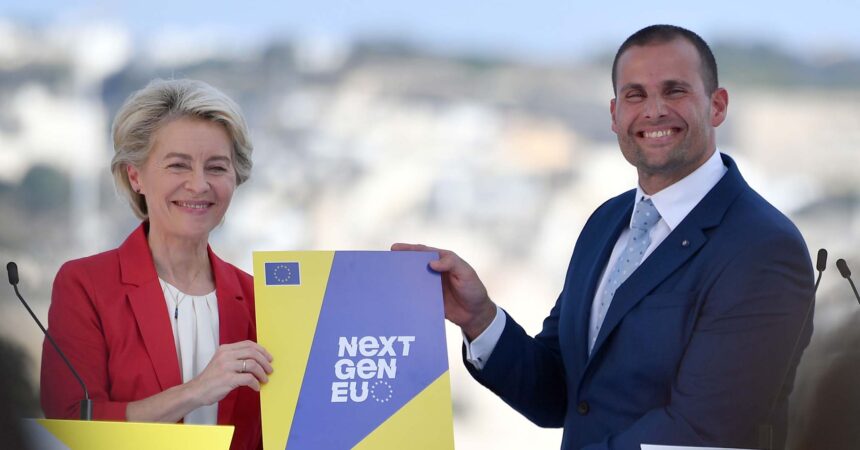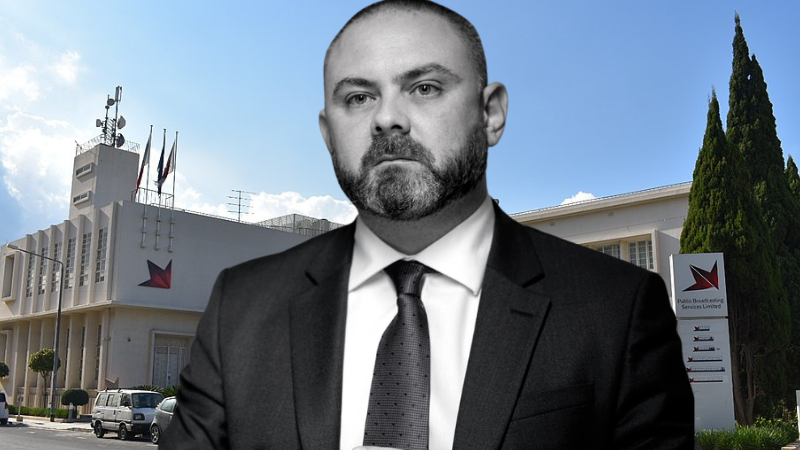The Maltese government’s lobbying to allow legal surveillance of journalists in a new EU law has raised the ire of local and international media organisations and MEPs.
Minutes from a November European Council meeting show that Italy, France, Finland, Greece, Cyprus, Sweden and Malta insist on retaining a paragraph in the European Media Freedom Act (EMFA) that allows spying on journalists under the guise of “national security”.
The EMFA needs a qualified majority of governments, equating to 65% of the EU population, to pass. With the seven hardliners, plus Hungary, which outright rejects the EMFA, they represent 36% of the population, enough to prevent it from passing.
This means that Malta’s decision regarding the wording could be crucial for passing the law designed to protect media workers and the press.
‘Steep hill to climb’
Meanwhile, Member of the European Parliament David Casa took to X (Twitter) to condemn the news.
“On press freedom, the Maltese government has a very steep hill to climb. News that it is supporting wide exceptions to spy on journalists is disconcerting. I urge all governments to make working conditions better, not worse, for journalists,” he wrote.
In a following statement, he added that the Maltese government has an “abysmal track record” and should “act immediately to change the relevant law and, in the meantime, it should withdraw its support for a broad text within the European Media Freedom Act that would allow for surveillance on journalists for undefined national security interests.”
He added, “Time and time again, the Labour Government shows how committed it is to clinging onto power irrespective of how draconian the means.”
Malta’s press association (IGM) called for clarification of the Maltese government’s position on the matter.
“The EMFA seeks to protect journalists and media institutions, including by prohibiting government surveillance on them, their families and employees. However, this clause allows states to spy on journalists in exceptional circumstances, which are not defined and which could lead to abuse,” they said.
The European Federation of Journalists (EFJ), representing over 320,000 journalists in Europe, strongly condemned the “illiberal and repressive request” and called for it to be rejected by the European Parliament and European Commission.
“We are deeply shocked by the demands of these seven governments, which are flouting European legal standards of press freedom, as established by the case law of the European Court of Human Rights,” said Maja Sever, EFJ President.
“Inserting such an exception in a text that claims to promote media freedom in Europe is pure provocation. We call on the European Parliament and the European Commission to firmly reject this illiberal provision, which threatens not only the protection of journalistic sources but also democracy.”
The Media Reform Initiative said no democratic government should think in this way, “But especially a government of a state found responsible for the killing of a journalist,” referring to Daphne Caruana Galizia, assassinated in Malta in 2017.
‘Lies, fabrications and misinterpretations’
The Shift sent the government questions asking for clarification on its stance, what safeguards it proposes to ensure the law does not harm journalists and media freedom and whether Malta is prepared to risk the entire EMFA for the sake of the controversial paragraph.
Chief government spokesperson Edward Montebello, in a rare reply, chose to give The Shift a lesson on the “fundamentals” of journalism. Despite widespread condemnation of Malta’s stand, he said the report on the country’s stand was “rife with fabrications and misinterpretations”.
Montebello, appointed OPM chief spokesperson following a career in propaganda for the Labour Party, told The Shift to “uphold the standards of responsible journalism”.
He said the recent discussion on this Act is regarding the application of this prohibition when there are overriding (founded and in accordance with National Laws of Member States) National Security Concerns – for example, in relation to potential terror attacks.
“It is imperative to note that this proposal is still subject to inter-institutional negotiations and that Council had agreed on a common position in June 2023 on the basis of work undertaken by the Swedish Presidency. The Spanish Presidency is currently engaged in negotiations with the European Parliament to try to find a compromise and broker an agreement between the two institutions (Council and Parliament). The next trialogue is envisaged for 15 December 2023, and ambassadors will be debriefed on 20 December. In this regard, a compromise draft of Article 4 was proposed last night to which Malta had no objections or reservations.”
The compromise draft of Article 4 is not public information, and it is therefore impossible to verify Montebello’s comment in the interest of responsible journalism.
Montebello insisted the government supports the proposed regulation and its objective of strengthening media freedom and pluralism in all Member States.
“Further developments in this regard are expected in the next hours and days, and government will continue to engage constructively in discussions with a view to reaching an agreement on the file as soon as possible, with a view to ensuring the protection of journalists and journalistic sources.”
Bad track record
Malta’s track record with spyware and the rights of journalists is less than stellar.
Earlier this year, Malta refused to answer questions from the European Parliament’s ‘Committee of Inquiry to investigate the use of Pegasus and equivalent surveillance spyware’. This resulted in calls for action from MEPs to make Malta answer questions in what was called a failure to fulfil its “duty of sincere and loyal cooperation.”
Malta completely ignoring the Committee’s questions, according to PEGA Committee Chair, Dutch MEP Jeroen Lenaers, is “unacceptable when we are asking simple, straightforward questions that any government should be able to answer. We are not asking for state secrets.
“Hundreds of millions of Europeans that we represent deserve answers, which are very difficult to give if the governments that purchase and use this software refuse to answer even the most basic questions. This is a scandal.”
As for media freedom, while the assassination of Caruana Galizia is still unsolved, the situation for journalists in the country continues to deteriorate. Critical media are routinely refused comments or answers to questions, let alone interviews with politicians or government members.
Even Freedom of Information (FOI) requests are regularly refused. The government also appealed 40 FoI requests from The Shift over its spending with media, tying up the independent platform in expensive and time-consuming cases for over two years – a move widely condemned by international press freedom organisations, the Council of Europe and the European Parliament.
It is also the country with the highest incident of strategic lawsuits against public participation (SLAPPs) in Europe and hit an all-time low in the Reporters Without Borders (RSF) World Press Freedom Index this year- plummeting below its ranking the year Daphne Caruana Galizia was murdered.
RSF also called out the government for failing to meet the European Commission’s two-year-old recommendations on improving journalists’ safety.
“Two years later, it is clear that specific new measures to protect media personnel are still all too rare in the four priority areas analysed by RSF: progress in investigations into crimes of violence against journalists; cooperation between authorities and the media community; support services for journalists; and measures to ensure their safety while covering protests,” RSF said in a statement at the time.
The government has also been widely condemned for failing to take any action to implement the findings and recommendations of reports into journalistic safety in the wake of Caruana Galizia’s murder, being accused of stalling and conducting a box-ticking exercise.
The EMFA final text is expected to be decided on during trilogue negotiations between the Commission, Parliament and Council on 15 December.















The nascent fascism. Ok.
The Maltese government use Pegasus and equivalent surveillance spyware and I would expect with minimal oversight
Hmmm, how come Finland and Sweden are in the list of counties pushing for this? Are Turkey and/or NATO part of the reason?
Why do I find that grinning oaf, on the right, so irritating?